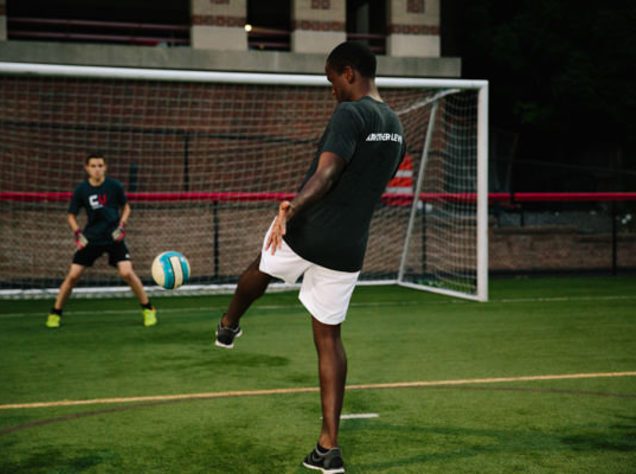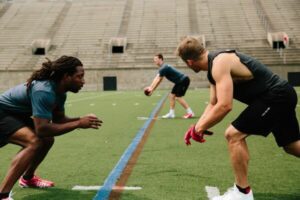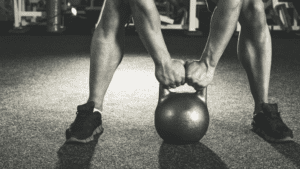“I started playing soccer at six years old, but not as a goalkeeper.
I played every position at that age… I played midfield and striker in high school at the same time I was on the U-17 national team playing goalkeeper. For my travel team I was playing goalkeeper while on my high school team I was playing in the field… Now, a really good goalkeeper coming up is going to have the opportunity to play on three or four different teams. I think it’s important he selects a couple teams that allow him to play in the field and play different positions.” – Tim Howard, USMNT Goalkeeper
I DID NOT BECOME A GOALKEEPER BY CHOICE; I BECAME A GOALKEEPER BY CIRCUMSTANCE. I first started playing soccer at age 3. When I was 11 years-old, I was playing in the field as a striker for my club team. I had player in net a few times for my town travel team growing up, but had tried out for the club team as a field player. But when our only rostered goalkeeper went down with a broken wrist, I became our team’s first-choice keeper by default. From that point on, I was (exclusively) a goalkeeper.
The goalkeeper position is unique in that it requires a very specific set of skills – skills that can be attained, improved, and sharpened through training. While field players have a developmental window that is much shorter (relatively speaking), professional goalkeepers play well into their thirties and don’t typically peak until their late twenties. Yet, given the emphasis placed on field-player development and the lack of coaching resources at most clubs/high schools), a common, often overlooked obstacle many young goalkeepers must face is finding consistent high-level goalkeeper training and conditioning.
The importance of position-specific development for a goalkeeper cannot be understated, and finding the right coach to help you improve both physically and mentally is key if you want to get serious about becoming a goalkeeper.
However, as importance as goalkeeper-specific training is, I would argue that it’s just as important for a young goalkeeper to train as a field player during his teams’ practices. The goalkeeper position is rapidly evolving (see: Neuer, Manuel) and keepers need to be capable of playing with their feet. Especially at collegiate and club level, being able to provide cover and act as an outlet for your defense is what separates a great goalkeeper from an elite one.
Will goalkeeper-specific training often involve footwork and distribution drills? Yes. But in order to fully optimize development, practicing both as a field player and as a goalkeeper is vital.
How useful was this post?
Click on a star to rate it!
Average rating 4 / 5. Vote count: 4
No votes so far! Be the first to rate this post.



